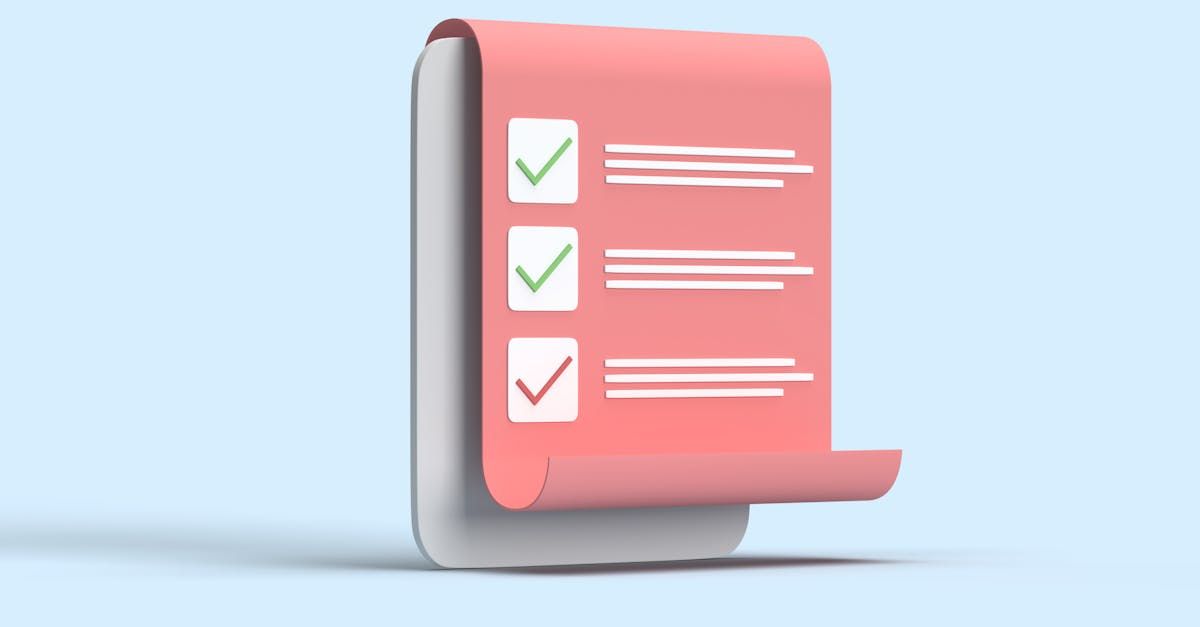How to tune your psychology for lasting results.
Like a piano, your psychology has been "tuned" throughout your life. Parents, teachers, peers, and society at-large were your tuners. Some were experts, some were not.
During a piano's first year of life, it needs to be tuned a lot. Its strings require frequent and careful conditioning. After that, the piano needs less attention, but still requires regular tuning.
What happens if you neglect your piano? What
happens if you play it for years without tuning it?
You might get used to the off-key sound. You might even say to yourself. “It doesn't sound that bad." Until one day a friend hears you play and says, “Um, I know a good piano tuner.”
Change Takes Time
So you take your friend's advice. The piano tuner comes over and goes to work, carefully adjusting the strings. After several hours of arduous labor, he's finished.
Excited, you thank him, and can't wait to play your piano. But hold on. The tuner says he needs to come back again next week.
"Wait a minute," you exclaim, "I thought you just tuned it!"
The tuner explains that because the piano's strings have been sitting for so long, they're used to their old shape and will slip back. They'll need several more sessions to take to the new tuning.
This is where you have the epiphany: "So... if I want to change my self, it's going to take some work!"
So That's What it Takes!
One reason why people try to change but give up is because they don't understand the piano metaphor.
A habit is like an old piano string. It's been that way for so long that of course it will slip back.
But that's doesn't mean you can't
change. Plenty of people do. They just understand the metaphor. When they slip back, they realize it's normal.
They know if they keep trying, day after day, that soon they will have new "tuning." A new default.
A 2009 study in the European Journal of Social Psychology
showed that on average, it takes at least two months for a new habit to start to become automatic.
Not surprisingly, if you've practiced a habit for a long time, it might take even more than two months to establish a new default behavior.
What's really hopeful about the study is that the researchers noted that even when participants slipped (failed to perform the new habit) they were still eventually able to sustain the new desired behavior!
Relapse is Normal in the Personal Growth Process
To illustrate the re-tuning process, let's look at anxiety.
Maybe you know someone who worries all the time. They worry about the future, they worry about the past, always something to worry about. It's their default tuning.
Now let's say this person goes to a therapist, and starts to worry less. They notice how taking action and trusting their decisions reduces their anxiety.
But then something happens. A challenge at work, an argument with their spouse. Worry takes over. The person says, "see, I can't change, I'm just a worrier."
But they don't get the piano metaphor. They think that after years of worrying, somehow, magically, they'll just stop worrying. They don't get that relapse is part of the process
of change.
Perseverance is the Key to Personal Growth
There's such a stigma in our society around being less than perfect. People don't openly talk about all the missteps they've had on their journey to positive change.
Anyone's who's ever achieved anything, be it reducing anxiety, tackling depression, or being a better spouse, has gone backwards, has "failed." They just didn't mention it.
But the truth is that failure is not falling down; failure is not getting back up again. As long as you keep heading in the right direction, you can't fail.
Your Checklist for Personal Growth Success
So, here's your checklist for success, for whatever change you're trying to make:
- Know that you are "a piano." Change takes time. For anyone.
- Know that slipping back to old habits is normal.
Not slipping back is abnormal!
- Know that staying "in tune" and sustaining your new habit requires perseverance. Never give up.
If you need a tuner, consider a therapist. Or be your own tuner. Read self-help books, or watch YouTube videos that keep you moving in the right direction. With work and patience, you too can be playing the notes you want, day after day!
Check out
my YouTube Channel for some more videos on personal growth and positive change.






